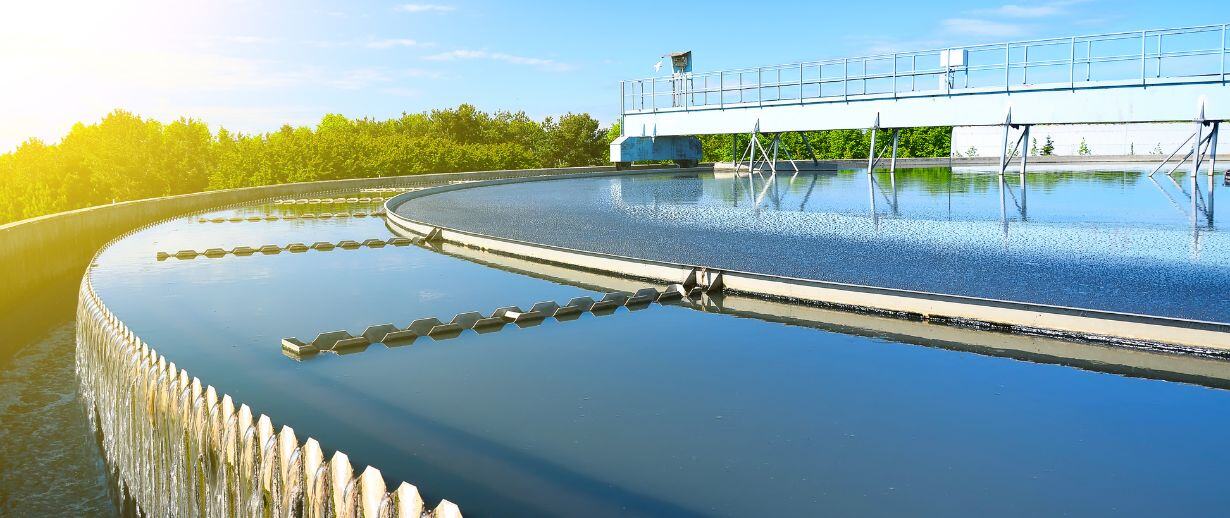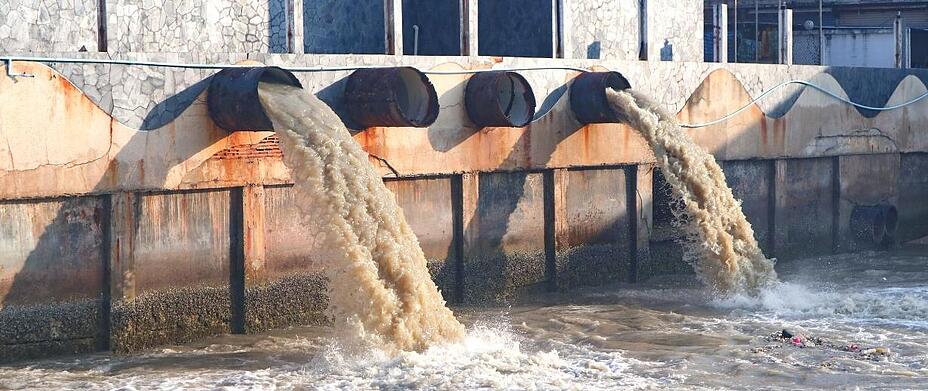The terms of many wastewater discharge permits are being updated with stricter standards that must be met. Here we look at why these changes are being made and how businesses can ensure they comply.
What are water discharge permits?
Businesses that generate wastewater, also known as trade effluent, as a result of their operations must seek consent from their relevant water company in order to discharge it to the public sewer. Water companies are tightening the conditions of these permits in response to a number of factors.
Increased demand

A growing population and a continually expanding industrial sector are putting additional pressure on water companies. According to statistics from the National House Building Council (NHBC), more than 1.4 million new homes were registered in the decade between 2010 and 2019. In that time, the UK population has grown by more than 6% - approximately 4 million extra people.
This is in addition to the long-term growth in the manufacturing sector, which looks set to continue. For example, it is estimated that the food and beverage industry, already the UK’s largest manufacturing sector, will have recruited an additional 110,000 people in the five years between 2017 and 2022.
This has meant an increased demand for fresh water as well as increased volumes of wastewater that must be managed. In response, water companies are working to encourage domestic customers to lower their water usage through more water-conscious behaviour and investing in water-saving devices. Similarly, industrial customers are increasingly being asked to reduce the volume and improve the quality of the water being discharged.
Ofwat targets

A further driver of tightening discharge permit conditions is the targets being set for water companies by the industry regulator Ofwat. In December 2019, Ofwat published its Price Review 2019 (PR19) final determinations that set out the plans and targets for the water sector up to 2025. This includes making water supplies more resilient, reducing leaks, improving water quality in rivers and striving for carbon neutrality by 2030. However, these targets must also be met while reducing customers’ bills by 12% before inflation and providing financial support for those who struggle to pay. Therefore, simply increasing spending is not an option.
These targets, made more challenging by the increased demand from a growing population and industrial sector, mean water companies need to make best use of the resources they have and invest strategically. A key part of allowing them to improve services and protect the environment is ensuring both domestic and industrial customers are doing their part.
Many environmentally conscious businesses understand that they must take responsibility for the by-products, including trade effluent, produced as a result of their operations and have already invested accordingly. However, with standards tightening it is important to ensure that the business continues to comply.
How can Veolia help?

We have a wide range of water treatment technologies and services available to suit the needs of a range of businesses and our expert team can provide recommendations on the best solution. This may be optimising existing equipment and processes to achieve the required performance or integrating a new step into the treatment process. We can also offer solutions to help reduce wastewater volumes by recovering and reusing water. This not only helps comply with the terms of the discharge permit but can also save the company money by reducing its demand for mains water.
Click below to find out more about the services and products for wastewater treatment:
Industrial Wastewater
Municipal Wastewater